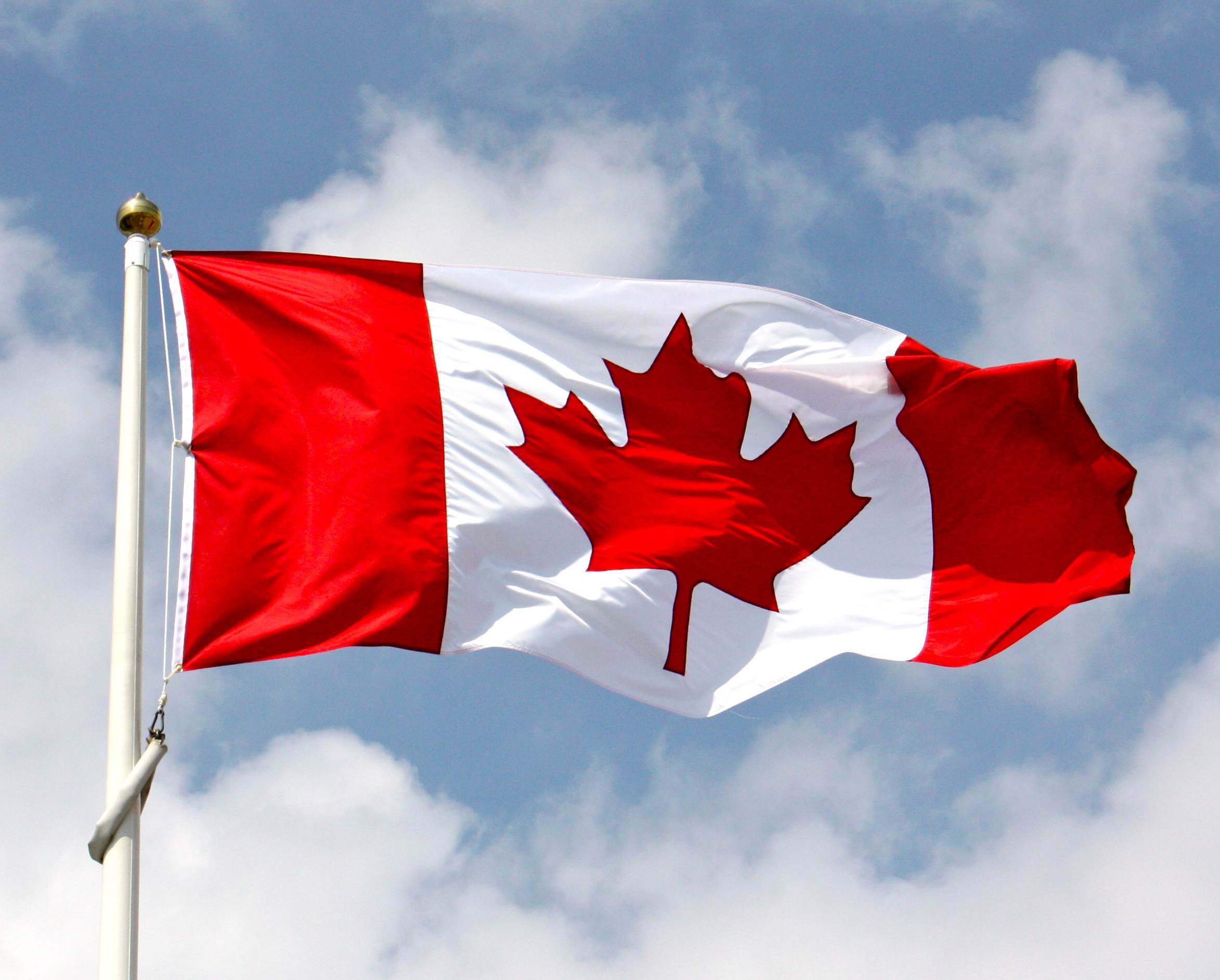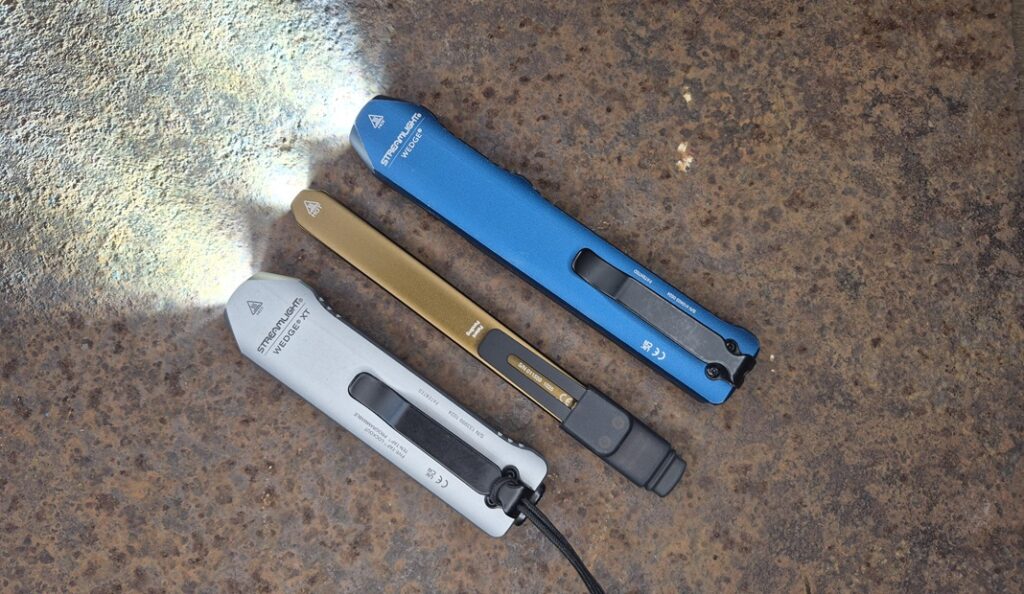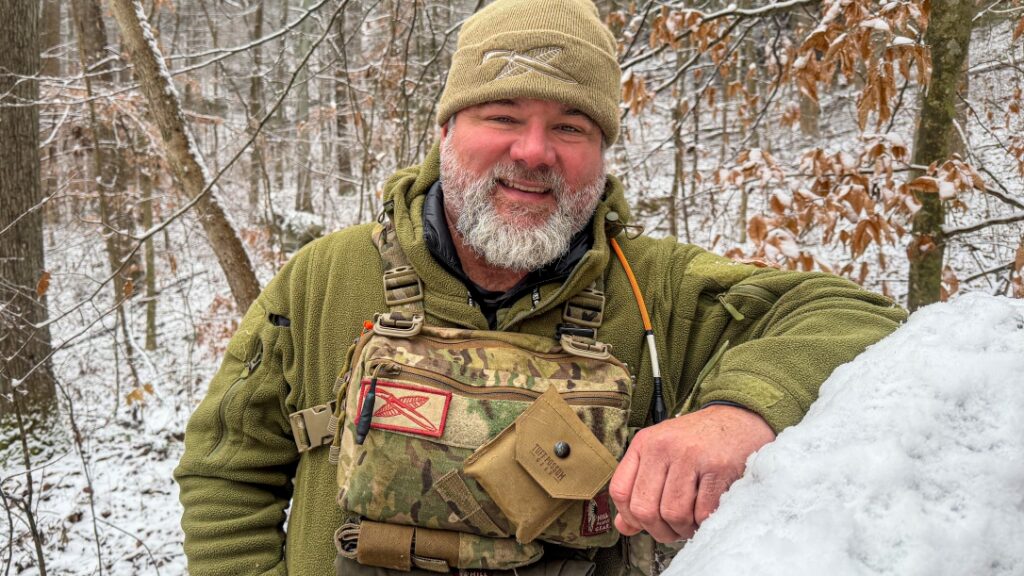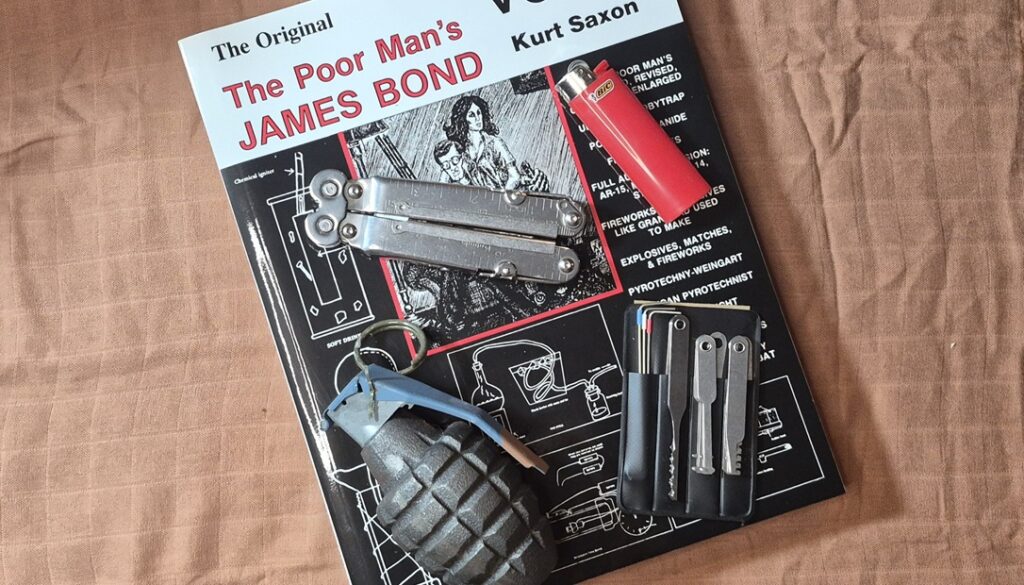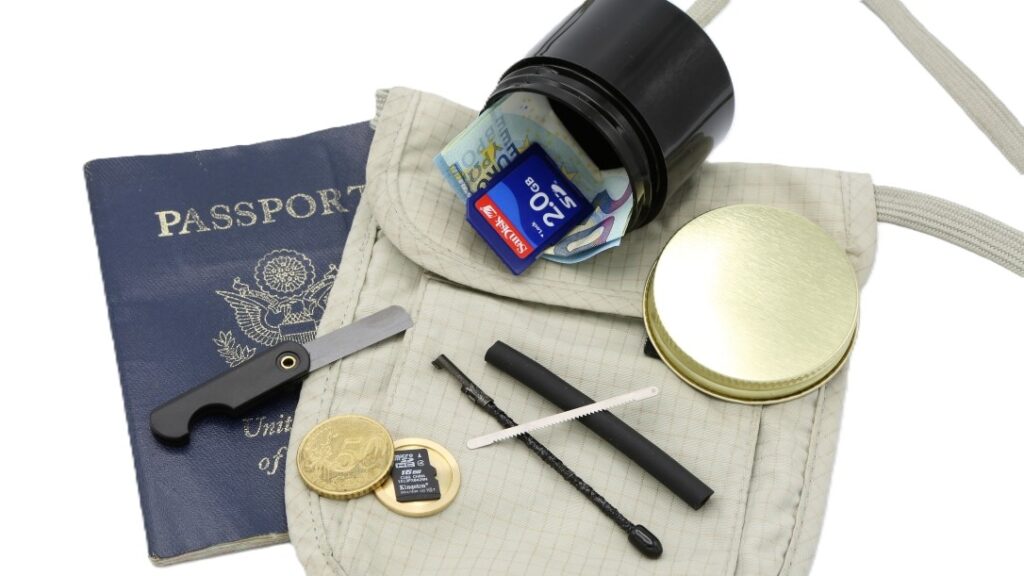Did you know you can hunt in Canada, even if you’re not Canadian?
Did you know, even though Canada lacks a 2nd Amendment, there are millions of Canadians who have gun licenses and own firearms, either for target shooting at the range, or for hunting? It’s a pretty common thing up here as soon as you get away from the big cities. So if you’re interested in a trip up north so you can bag a Canadian moose, bear, deer, wolf, or cougar (no, not that kind of cougar, that kind are no-bag-limit, hunt at your own peril), then read on!
First thing’s first – where do you want to hunt? Canada is internally divided into ten provinces and three territories, which are kinda like the States, but way bigger and with way fewer people in them. (Mostly). Hunting is regulated at the provincial/territorial level, so you’ll need to be sure to check the provincial regulations before committing to anything specific. For this article, I’m going to discuss British Columbia, a wild, sparsely populated province with ample opportunities to hunt pretty much anything you might desire.
Advertisement — Continue Reading Below
LET’S JUST GET THIS OUTTA THE WAY. IT’S GONNA COST A COUPLE BUCKS. (LOL, PUNS!)
First, the bad news. As a non-resident alien, hunting in BC requires a couple different, well, think of them like tax stamps and you won’t be wrong. You’re going to need a non-resident alien hunting license, which is $180 Canadian. You can get one for Big Game, where you will need a Guide Outfitter to accompany you, or with the right certification, can get an unaccompanied license to hunt game birds, foxes, coyote, raccoon, skunk and snowshoe hares.
Big Game is defined as deer, elk, moose, or caribou; mountain sheep or mountain goat; cougar, lynx or bobcat; wolf, wolverine or bear. You can book a Guide Outfitter through the Guide Outfitters Association of British Columbia – their website (www.goabc.org) lists its affiliates by both name and critter. If you know you want to hunt moose, (at the time of this writing) 136 outfitters who are happy to hook you up and lend you their expertise. Non-resident alien hunting licenses will cost you $180 Canadian (which is roughly $140US these days) for your block of time. In addition, you’ll need to purchase tags in advance. Depending on what you’re gunning for, it could be as little as $40 (bobcats and wolverines, but seriously, if you’re hunting wolverines, don’t frickin’ miss, because with their healing factor they will mess you up) up to several hundred for Bison or Bighorn Mountain Sheep. Deer tags go for about $125, wolves are $50, moose and elk are $250, and so on. Find the entire BC list here. Make sure, if you’re travelling all this way, you investigate different parts of the country to see how prices might vary. The current Ontario regulations show non-resident tags for wolves are around $250, moose are $450, and deer are $225. I haven’t investigated prices in other provinces, but when wolf tags are 1/5th as much in BC, and certain regions don’t even have bag limits for them… well, it can make for a very different hunting experience.
ZONES AND MANAGEMENT UNITS AND BEARS, OH MY
Of course, it’s not quite that easy. One does not simply walk into BC and start killing orcs, I mean, moose. Wildlife regions are carefully managed by conservation officers throughout the province and every critter has an open season and a closed one, and that can vary from region to region within BC. The Hunting and Trapping Regulations chops BC up into nine zones, and then each zone is subdivided yet again for a total of 200+ management units. It can all be a bit overwhelming, but what I’ve found is the Hunt Buddy BC app takes a lot of the guesswork out of it. Download the app to your smartphone and you’ll be able to check the time of year and location, and it will tell you what animals are open season and which are limited or off-season. For example, the last time I went hunting, I was in zone 5-2 near Hendrix Lake. Right now, 4-point Mule bucks, white tailed bucks, full-curl bighorn sheep, black bears, wolves, and cougars (but not kittens) are all in season. So are coyotes, snowshoe hares, grouse, some duck species, and some geese. The App even includes sunrise/sunset data, moon phases, and other limitations or restrictions that may be unique to a particular zone.
Advertisement — Continue Reading Below
CROSSING THE BORDER WITH GUNS
So once you’ve got your Non-Canadian license, have arranged for your guide, and bought your tags, the only other thing to worry about is actually getting your firearms into the country. Believe it or not, it’s not that complicated to cross the border with guns. You’ll need to complete the RCMP form 5589 which says it’s four pages, but It’s actually only one, it’s just your contact info and the technical stats for the guns you’re going to bring. Make sure you check out how to measure barrel length, because semi-automatic rifles with barrels shorter than 470mm (about 18.5”) are restricted and not lawful for hunting.
CAVEAT: So are AR-15s whether their barrel length is 19” or 17”. It is what it is, they’re for target shooting at the range only up here. Sorry.
AFTER YOU HUNT
So you bagged and tagged a couple deer and want to stock the freezer, but… you’re not sure whether you can take game meat over the border back home. Good news, generally speaking, wild game meat from Canada can be exported to the USA without too much trouble, just make sure you keep your tags, export the results of your hunt within one year, and take it over the border yourself. The BC Regulations I listed above have specifics on exporting, and Customs and Border Protection has importation details here.
Advertisement — Continue Reading Below
Lastly, because it’s a thing, no, we don’t have snow year-round up these parts and you won’t be sleeping in igloos. It’s prime hunting season right now and up near Williams Lake where I was hunting, the weather forecast is calling for a range between 40 and 70 degrees depending on the day and time. So layer your thermals, stay warm, and come see what we Canuckleheads have to offer.
Cheers
Frozen Hoser
Advertisement — Continue Reading Below
EDITOR’S NOTE: A guest article submission from a friend of friends. Thank you, bud!
